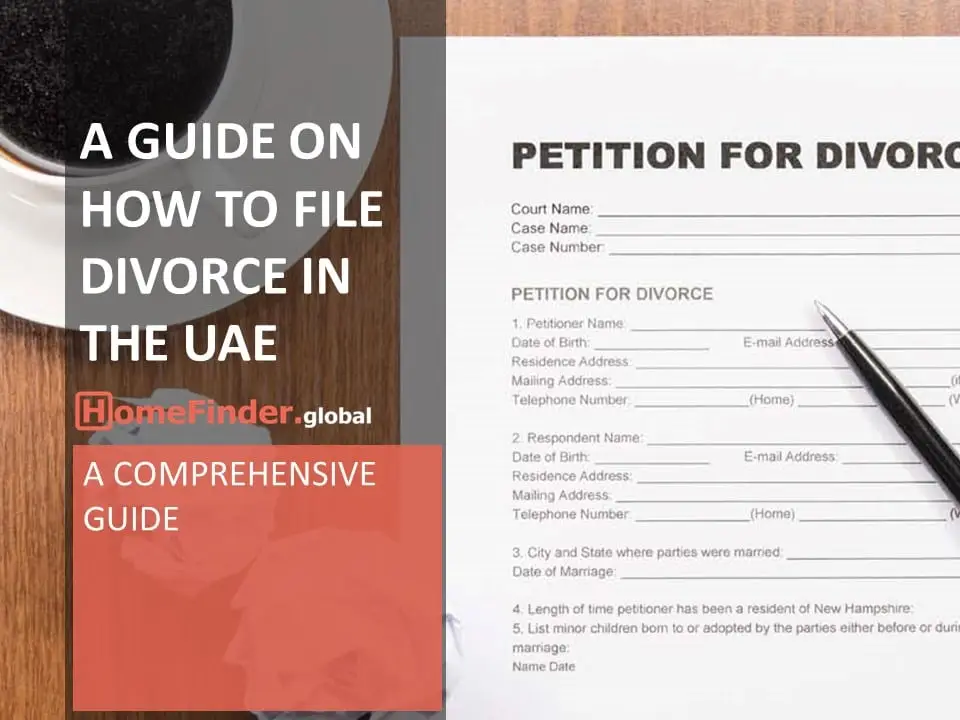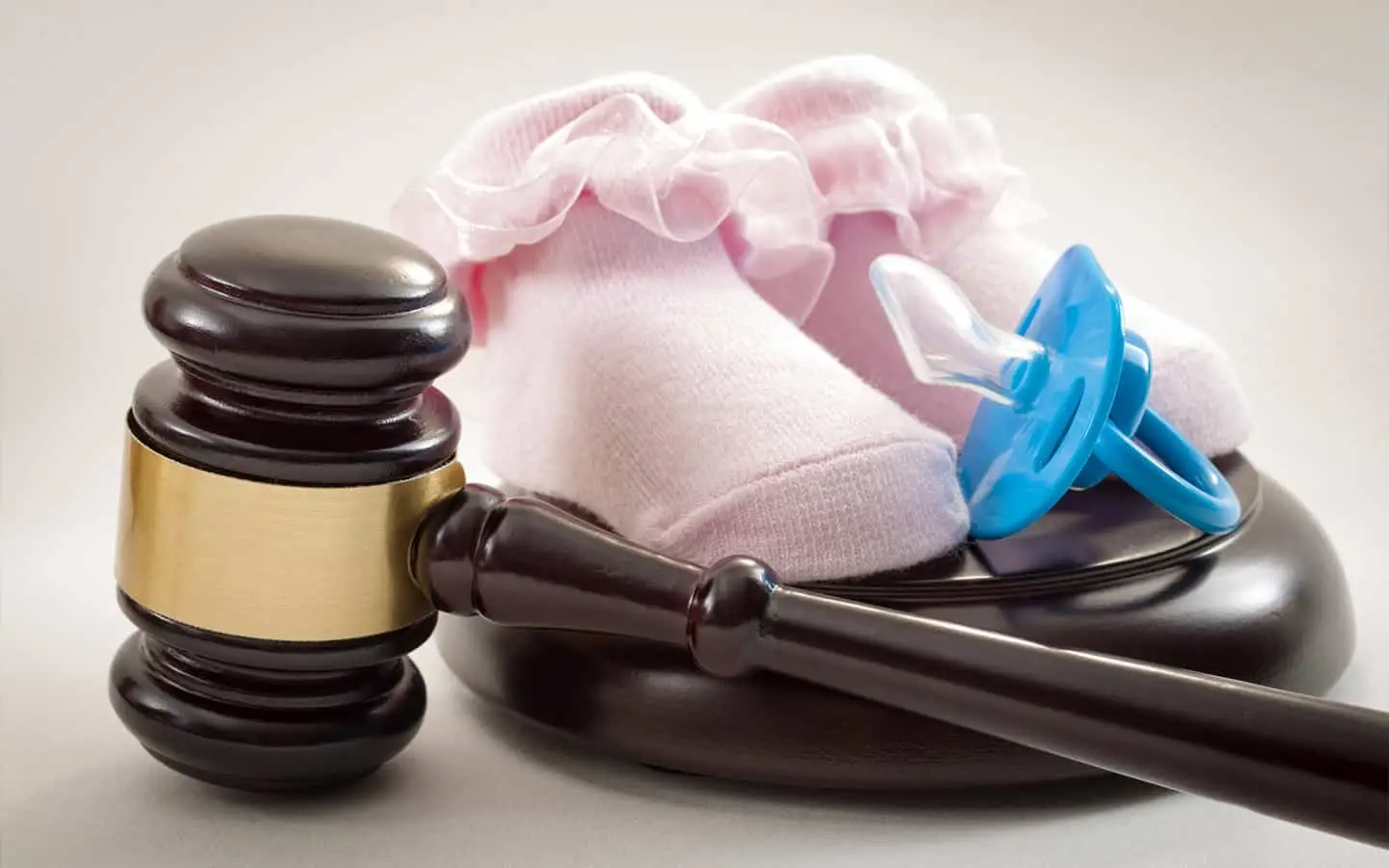A GUIDE ON HOW TO FILE DIVORCE IN THE UAE

Going through a divorce can be a traumatic experience. While there is emotional baggage, there are certain practicalities that one has to deal with. If one or both parties are unaware of the legalities of filing for a divorce, things can get complicated. With the intent of helping individuals in such a situation, here’s the complete process of how to file divorce in the UAE.

Getting a divorce in the UAE depends upon the conciliatory process that enables an amicable parting of ways where both parties fully agree upon the divorce.
Here is how to apply for divorce in the UAE:
The following process is adopted if both parties cannot agree upon a settlement.
Divorce proceedings for Emirati and Non-Emirati nationals can vary as papers are submitted to different departments in each case.
Please note that the charges to register a divorce case may vary.
Sharia Law on divorce in the UAE is mandatory for Muslim couples. The UAE Sharia Law will be applied in the following proceedings:
Non-Muslim expatriates can file a divorce case in the UAE. Divorce law is set in place, and expats must comply when applying for separation in the country.
Article 1 of the Federal Law No 28 of 2005 for Personal Affairs states,
The provisions of this law shall apply on citizens of the United Arab Emirates State unless non-Muslims among them have special provisions applicable to their community or confession. They shall equally apply to non-citizens unless one of them asks for the application of his law.
According to the law, the parties must apply for the non-citizens’ law of the UAE unless they request the law of their homeland.
”The law of the state of which the husband is a national at the time the marriage is contracted shall apply to the effects on personal status and the effects with regards to property resulting from contracting of the marriage.”
This means individuals have the right to request the application of their own country’s laws in personal matters. If the home country’s law does not cover all the aspects of the divorce, the couple must abide by UAE laws.
In November 2021, H.H (Late) Sheikh Khalifa bin Zayed bin Sultan Al Nahyan (may he forever rest in peace) launched a new law to ensure a smooth, flexible judicial mechanism for Non-Muslims. As per the new divorce law in the UAE, expat spouses can seek divorce without having to justify the reasons for separation.
Alimony and requests after divorce can be submitted via a post-divorce form. It will be decided based on the following factors:
Non-Muslim fathers will have to prove their paternity based on marriage.
According to Federal Law No 28 of 2005 for Personal Affairs, the biological mother is considered the Custodian, and the father will be the Guardian.
There are different conditions with regard to custodianship as well.

A mother can claim extended custodianship:
This request requires good school performance records and the child’s medical records.
The father can claim custody of the child if the mother remarries or doesn’t share the same religion as the child. Moreover, if the court decides it would be in the child’s best interest, the father can be given custody.
While both are legal procedures, the two have a major difference. Divorce is a declaration by both parties that they are seeking a separation from the marriage that existed. Alternatively, annulment is a claim by one or both parties that said marriage never technically existed.
Considering the complexity of the matter, it may take three to six months for you to get a divorce in the UAE.
The UAE protects the legal rights of expats. Not only can expats get married in Dubai, but they can also attest their marriage certificates even if they got married outside the UAE. You can check our guide to MoFAIC attestation in the UAE to learn more.
Yes, the UAE law allows women to file for divorce in the UAE. The process is the same as stated above. The woman can ask for reimbursement of her backdated expenses for up to three years if the husband has not provided for her basic needs during the marriage. Under UAE law, these needs include paying for accommodation, food, clothing, medical treatments and a domestic helper.
Indian expats can get a divorce in the UAE if one or both spouses are UAE residents. They can file for a divorce under Article 1 (2) of the Federal Law No 28 of 2005 for Personal Affairs of the UAE and the Indian Civil Procedure Code of 1908 (the ‘Civil Procedure Code of India’).
Indian expats must follow these steps to file for a divorce in Dubai.
In the case of non-Muslim couples, they can obtain a divorce under the personal laws of India under which the marriage was registered.
That ends our guide on how to get a divorce in the UAE. For those who want to remarry after a divorce, there is also an option for court marriage in the UAE.
To learn more about fundamental laws in the country, read our guide to personal and family laws in the UAE.